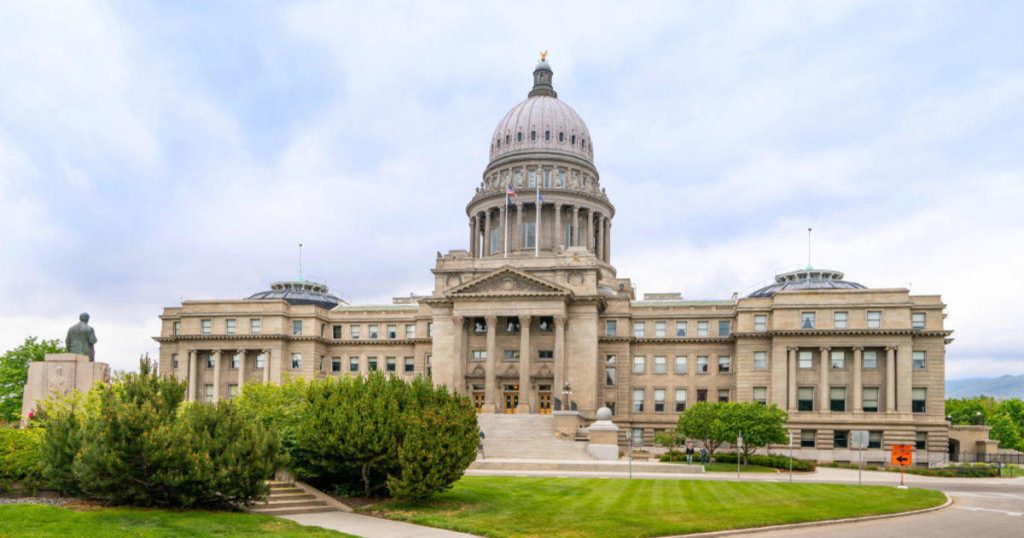The recent decision by the U.S. Supreme Court allowing Idaho to enforce its ban on gender-affirming care for minors has left many families desperate to find solutions. The ban subjects physicians to up to 10 years in prison if they provide hormones, puberty blockers, or other gender-affirming care to those under 18. This law had been previously blocked by a federal judge in Idaho, but the Supreme Court’s ruling allows it to be put into effect while legal challenges are ongoing. At least 24 states have adopted similar bans, with 20 currently enforcing them.
The ruling by the Supreme Court was the first time it addressed this issue, choosing not to decide on the constitutionality of the ban but rather on the appropriateness of putting enforcement on hold while legal challenges proceed. Advocates in Idaho are working to inform families of the immediate impact of the law and provide support through virtual events and resources. Gender-affirming medical care is no longer legal for minors in Idaho, but it remains an option for adults and minors seeking care out of state. Concerns have been raised about the potential impact on lower-income families unable to afford travel for care.
The broader issue of bans on gender-affirming care for minors is gaining attention as lawsuits continue across states. Laws barring transgender youth from participating in sports teams corresponding to their gender identity are also being challenged. Major medical organizations support gender-affirming care for youth, citing its positive impacts on mental health. However, concerns about the treatments and the long-term effects have led to restrictions in some areas. Gender dysphoria is defined as psychological distress stemming from incongruence between gender expression and identity.
Chelsea Gaona-Lincoln, the executive director of an Idaho advocacy group, anticipates a negative ripple effect from the ban but finds hope in the community support for transgender individuals. Legal challenges to the Idaho law are expected to continue, with a hearing scheduled in the 9th U.S. Circuit Court of Appeals this summer. The impact of the ban on transgender youth’s mental health and well-being is a growing concern, with families like Joe Horras’ facing uncertainty and fear over their children’s access to necessary care. Forced to navigate through legal battles and potential relocations, these families struggle to ensure their children’s continued well-being in the face of restrictive laws.


